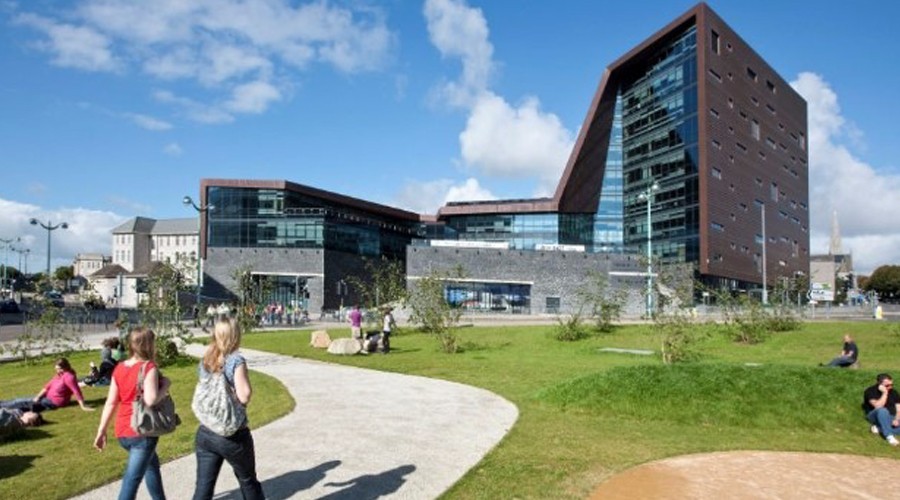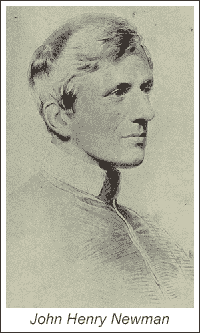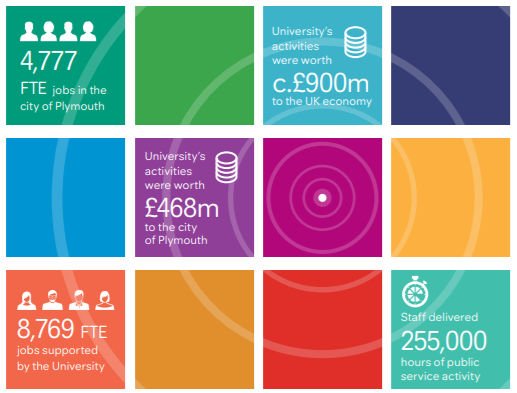When I was a student, one of my favourite books was John Henry Newman’s ‘The Idea of a University’, the great paean to liberal education. I found myself reminiscing over this on Friday, at the launch of Plymouth University’s Economic and Social Impact Report.
The launch comes at an interesting time for the sector, with the Civic University Commission under Bob Kerslake carrying out a major review of universities’ relationships with their communities and broader society. The term ‘civic university’ conjures up images of bewhiskered Victorian worthies laying foundation stones in industrial cities, of civic pride and entrepreneurial zeal, and perhaps of a counterpoint to the more abstract approach to education embodied by Newman.
For Newman, “the aim of the University is a true enlargement of mind”. He wrote: “I am asked what is the end of University Education… Knowledge is capable of being its own end”. One suspects he would have been horrified by the modern requirement for universities to measure ‘impact’, but, of course, he lived and worked in a very different time. Rather than the two million plus students at university today, there were just a few thousand, all men, almost all upper class. Amongst the controversies of his day was whether the requirement to be an ordained Church of England minister should continue to apply to academics, and whether fellows of colleges should still be required to remain celibate. More crucially, universities and their colleges back then relied upon their own endowments: today they receive over £8bn a year from the taxpayer. When – as ever – every area of government spending is crying out for more, it is unavoidable that universities be called upon to set out what the public get back in return for their cash.
After a tough period earlier this decade, Plymouth University is now going from strength to strength under the leadership of its excellent Vice Chancellor, Judith Petts. The new report records it as contributing c£900m a year to the UK economy with a particular strength in partnering with SMEs – one of the top twenty academic institutions for the value of such relationships nationally, and ranked number one in the south west.
Applegate has strong relationships with both Plymouth and Exeter universities, covering both teaching (through workplace degree programmes) and research. These definitely seek knowledge to an end, not solely for itself, and yet I wonder whether we are as far distant from Newman as that might imply. The intellectual curiosity of our students extends widely beyond the strict syllabus of their degree – I find myself debating with them everything from the philosophical approach behind deciding one’s election vote to the true meaning of the concept of ‘equality’. And applying research to an end is no bar to fresh discovery.
So, perhaps we might coin a new concept: the liberal civic university. Serving its community and the desire for knowledge; enriching society economically and intellectually together.



